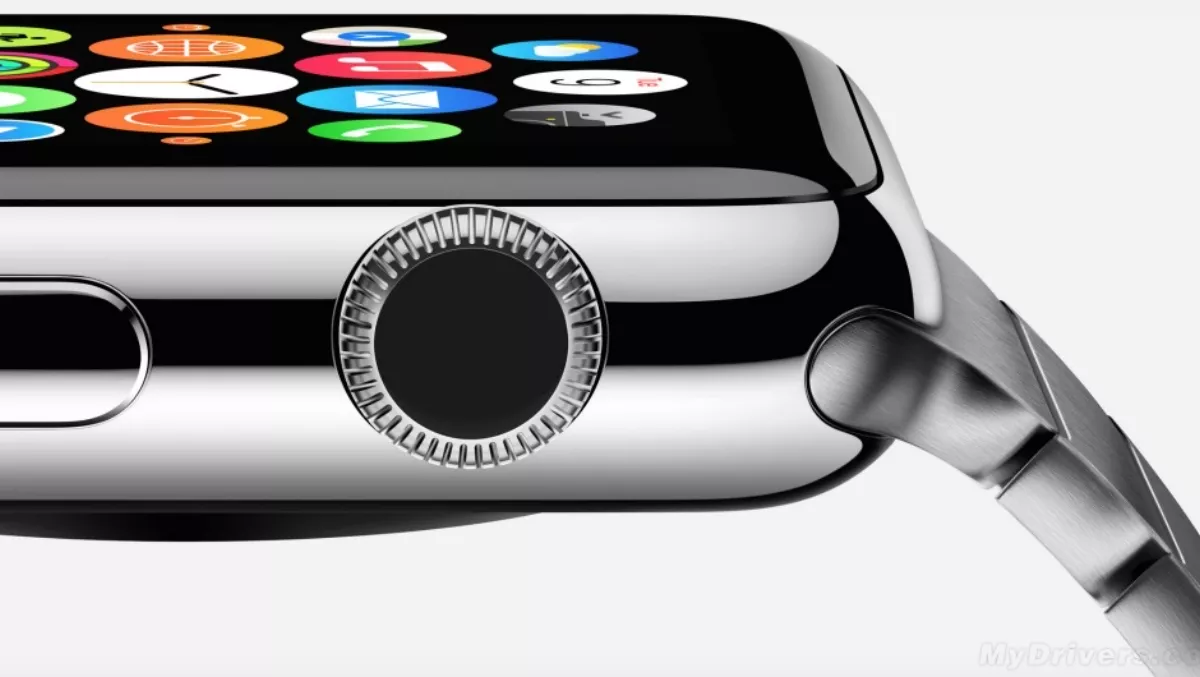
Smartwatch ecosystem grows, Apple Watch destroys competition
The smartwatch ecosystem is growing, with demand from consumers leading to more vendors investing in the space with both devices and apps. However, the Apple Watch has proceed to completely dominate the market in less than a year.
According to Juniper Research, the Apple Watch has claimed 52% of the 2015 smartwatch market since it's release in April.
The popularity of the Apple's foray into the smartwatch market far outweighs its competition, with Android Wear shipments comprising less than 10% of sales for the year.
According to the new research, Samsung's Tizen-based Gear S2 has not achieved strong sales volumes since it launched in November, despite being well received.
Most other smartwatch sales are currently coming from cheaper, simpler devices from a range of smaller players, such as Martian, X and Razer, the latter with the recently-announced Nabu Watch.
However, the continued lack of a strong use case for smartwatches means that, Apple Watch aside, the market thus far has been driven by lower priced devices with more basic functionality, Juniper says.
These devices, from the Breitling B55 Connected to the Martian Guess Connected, are typically providing basic notification and tracking functions without an app-capable operating system on the device itself, the researchers say.
Juniper's research argues that while many smartwatch vendors have produced ranges of watches, allowing for customisation and price segmentation, there have been no great leaps forward that have revolutionised the category.
"The smartwatch is now a category waiting for a market," says James Moar, Juniper Research research author.
"Newer devices have offered more polished looks and subtly different functions, but no large changes in device capabilities or usage.
"With smartwatch functions established, it is now up to consumers to decide if they want them, rather than technology companies providing more reasons," Moar says.
Overall, the smartwatch ecosystem is growing rapidly, with dedicated software companies emerging to supply both games and productivity-based apps.
While the price point remains high for smartwatches, finance deals with retailers will be a key part in mitigating this concern, as well as making smartwatches more visible to general consumers.


